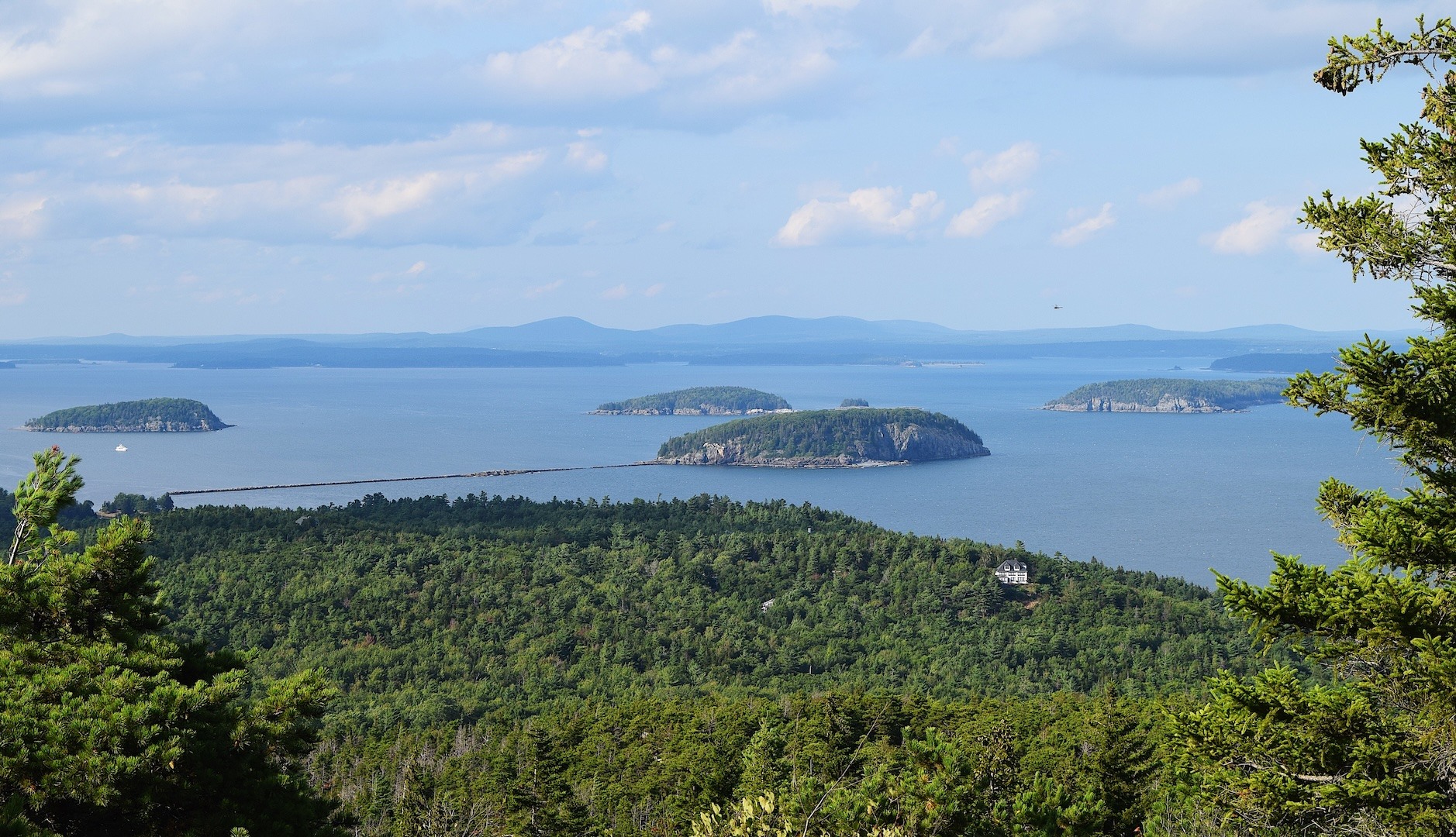
On February 24th, 2025, the Falmouth Town Council passed an ordinance regulating the use of pesticides and fertilizers. This milestone represents years of dedicated research, public outreach, and advocacy led by the Falmouth Conservation Commission to safeguard the health and welfare of residents while protecting the town’s environment, waterways, and natural resources.
Neonicotinoid pesticides, also known as neonics, are the most commonly used insecticides in the country and cause a wide range of environmental harm. They are highly toxic to invertebrates, attacking the nervous system and causing severe harm and death. Neonics are sprayed onto crops and garden plants, drenched onto soil, or coated onto seeds to kill pests. When absorbed they spread throughout the whole plant, affecting even pollen and nectar and contaminating nearby soil. Even months and years after these insecticides are applied, pollinators continue to be unwittingly poisoned by these toxic chemicals.
Neonic pesticides threaten clean water and can be transported by runoff far from where they are applied. Because neonics are highly soluble in water, it is estimated that only 5% of neonic coatings on seeds are absorbed by the plant while 95% of the pesticide volume is washed into soil and groundwater.
By passing this ordinance, the town has taken an essential step toward reducing harmful chemical runoff into local waters and protecting soil health, marine life, and overall public well-being. Key directives of the ordinance include a prohibition of outdoor application of neonicotinoid pesticides in Falmouth with the additional clause that application of all pesticides is prohibited within 75 feet of any water body and within 20 feet of any storm drain.
Throughout this process, councilors carefully balanced environmental health priorities with individual homeowner rights, demonstrating a deep commitment to responsible governance. The Surfrider Foundation Maine Chapter’s Climate Action Chair and Policy Lead, Mariel Geiger, provided testimony in support of the ordinance on 2/10/2025, emphasizing the urgent need to prevent toxic chemical pollution before it enters the environment. The chapter also conducted outreach via social media and an action alert, encouraging community members to write letters to city officials to support the ordinance.
Falmouth’s leadership sets a powerful precedent for coastal communities throughout Maine. It proves that science-based policy and community engagement can drive meaningful environmental progress. This is a major win for clean water, the coastal town of Falmouth, and the Falmouth Conservation Commission. Surfrider was proud to support this initiative!
If you would like to get involved with efforts like these, support the Maine Chapter and join their Action Network, please email climate@surfrider.maine.org or visit maine.surfrider.org to find out about events and opportunities near you.
